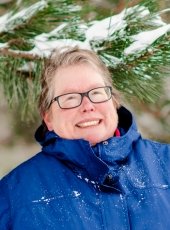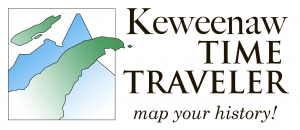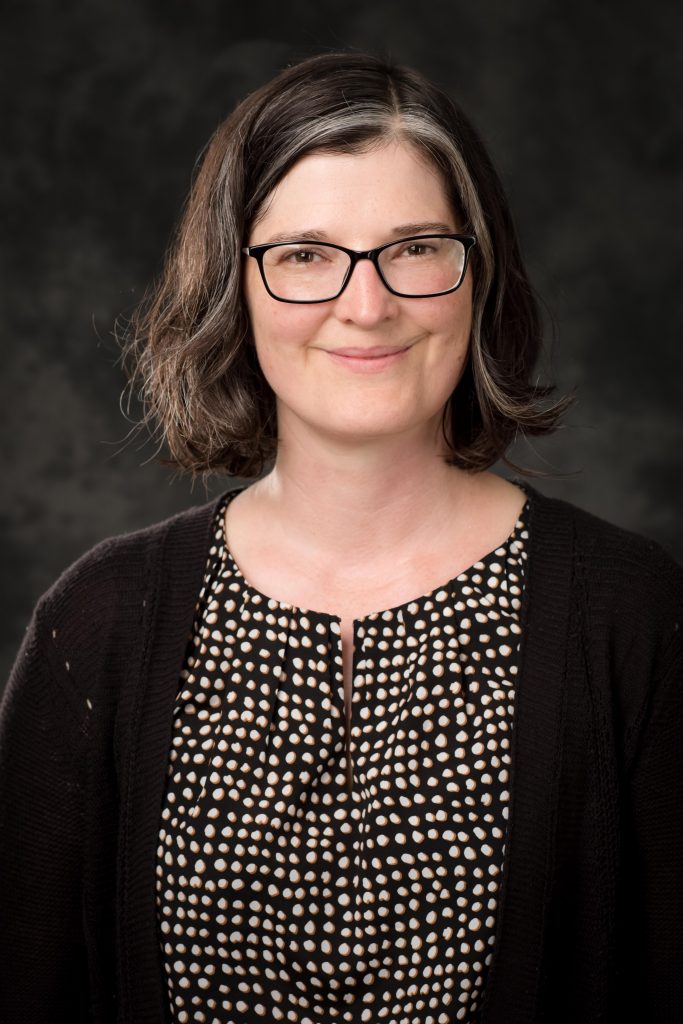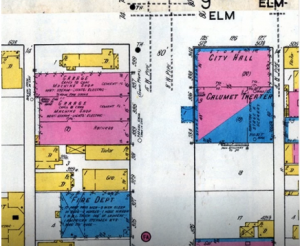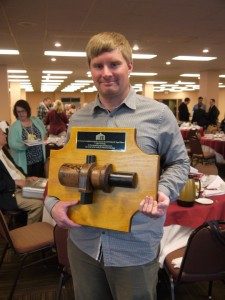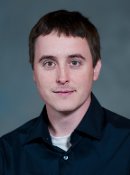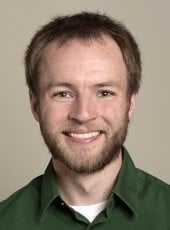
Mark Rhodes (SS) published an article in the geography journal Asia Pacific Viewpoint detailing the use of music by the Khmer Rouge during the 1975-79 Cambodian Genocide. The title of the paper is Music work: Traditional Cambodian music and state-building under the Khmer Rouge.
